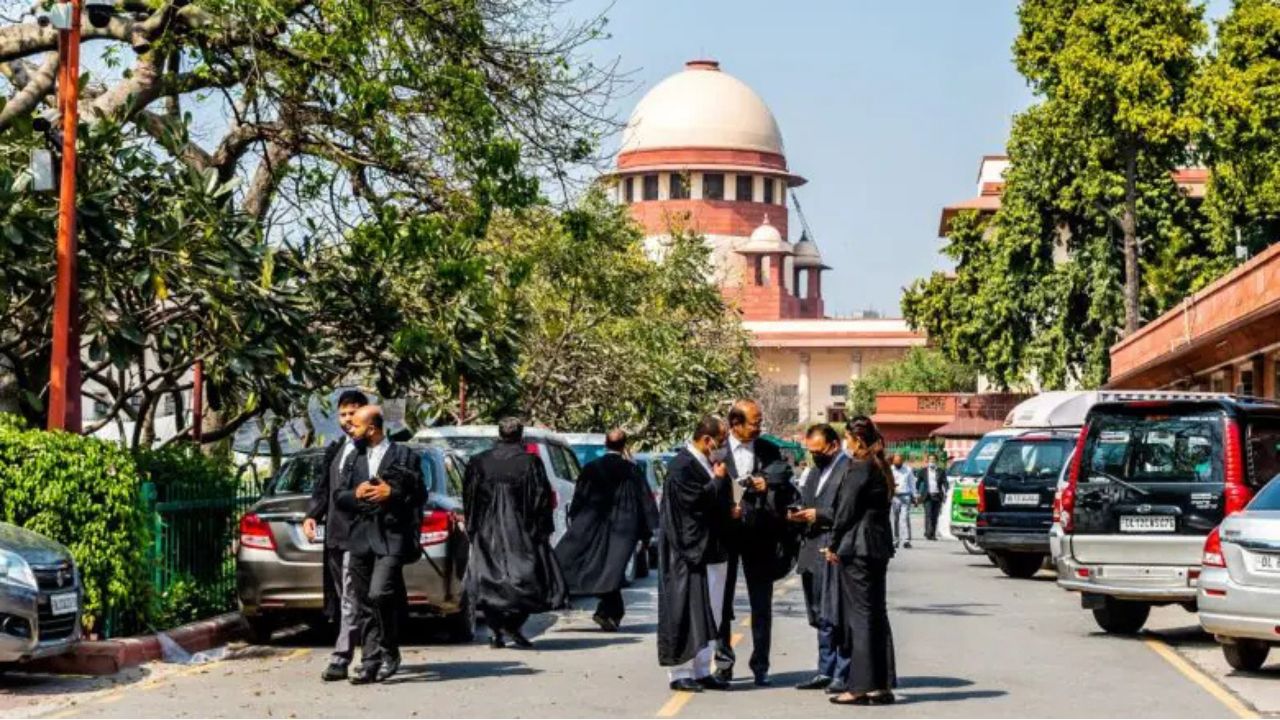 English
English

The Supreme Court stated that the Governor of any state has only three options: the Governor must either approve any bill, send it for reconsideration, or send it to the President.

SC says governors can't block bills indefinitely
New Delhi: On Thursday, the Supreme Court delivered its verdict on the issue of setting deadlines for the President and Governor to approve bills. In its decision, the Supreme Court clarified that governors do not have the power to block bills passed by the Legislative Assembly.
Indeed, the Supreme Court stated that the Governor of any state has only three options: the Governor must either approve any bill, send it for reconsideration, or send it to the President.
'Cannot set a time limit for the Governor'
Delivering its verdict on the issue of bill approval, the Supreme Court stated that it cannot set a time limit for the approval of bills. However, if there is a significant delay, the court can intervene.
This entire matter arose amid a dispute between the Governor and the Tamil Nadu government, where the Governor had blocked the state government's bill. In this case, the Supreme Court ruled on April 8th of this year that the Governor has no veto power.
The Supreme Court had stated that the President must decide on a bill sent by the Governor within three months. This order was issued on April 11th. The President expressed concern over this Supreme Court decision and sought its opinion and asked 14 questions.
In its decision, the Supreme Court stated that the Governor cannot indefinitely delay a bill for its approval. The Court also clarified that setting a time limit on such bills would violate the principle of separation of powers.
'The Governor's blocking of bills violates federalism'
Delivering the verdict, the five-judge bench unanimously stated that unilaterally blocking bills would violate federalism, underlining the constitutional limits of the Governor's discretion.
The five-judge bench said that if the Governor withholds bills passed by the Assembly without following the procedure laid down in Article 200, it would be against the interests of the federal structure.